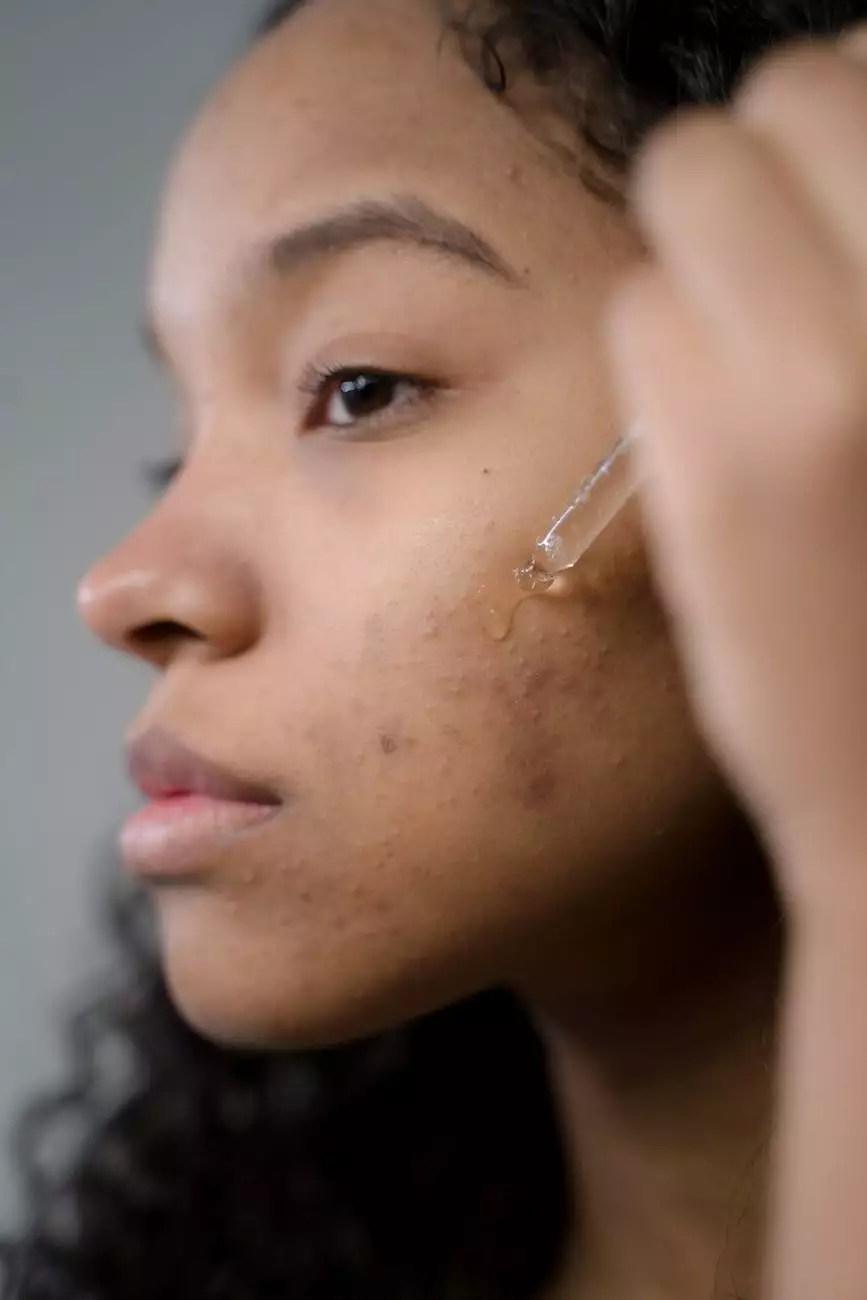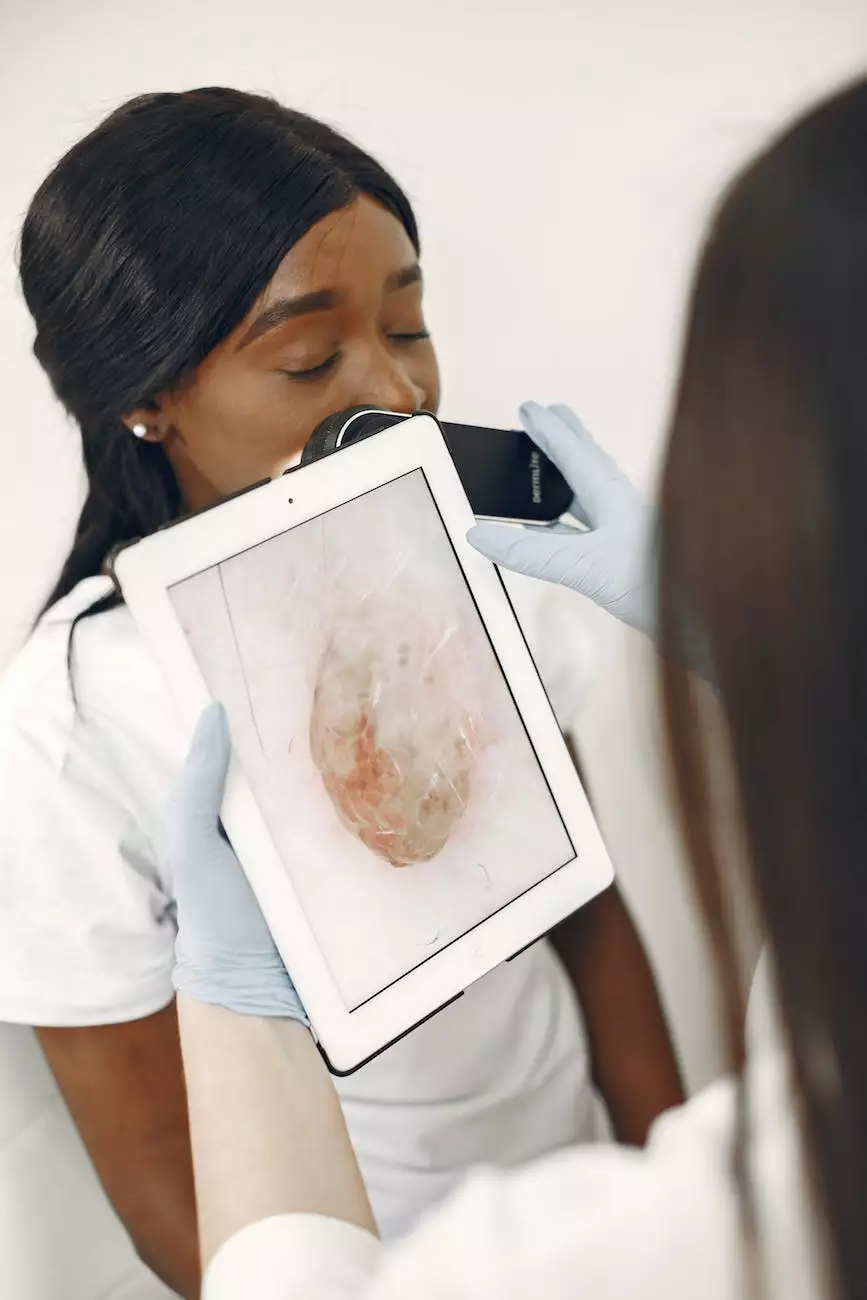How to Be Acne Free in 2023 - Betty Bellman, MD, PA
Skin Care
Welcome to the comprehensive guide on achieving acne-free skin in 2023. If you have been struggling with acne and searching for effective solutions, you have come to the right place. At Smith, Arthur F, MD, we understand the impact acne can have on your self-esteem and overall well-being, and we are dedicated to providing you with the knowledge and tools to achieve clear, healthy skin.
The Impact of Acne
Acne is a common skin condition that affects individuals of all ages, but it can be particularly distressing for teenagers and young adults. Not only does acne affect your physical appearance, but it can also have a significant impact on your mental and emotional well-being. The constant presence of acne can lead to feelings of self-consciousness, low self-esteem, and even depression.
Fortunately, with advancements in medical science and skincare, it is possible to effectively manage and treat acne. In this guide, we will explore various treatment options, lifestyle changes, and skincare tips to help you achieve clear, acne-free skin in 2023.
Understanding Acne
Before diving into the solutions, it's important to have a clear understanding of what acne is and why it occurs. Acne is primarily caused by the overproduction of oil, clogged pores, bacteria, and inflammation. Hormonal changes, genetics, and certain lifestyle factors can contribute to the development of acne.
The Different Types of Acne
Acne can manifest in various forms, including:
- Whiteheads: These are small, flesh-colored bumps that appear on the skin's surface when pores are clogged with oil, dead skin cells, and bacteria.
- Blackheads: Similar to whiteheads, blackheads occur when the clogged pores are open, allowing the trapped contents to oxidize and turn black.
- Papules: Papules are small, inflamed red bumps that are usually tender to the touch.
- Pustules: Pustules are similar to papules but contain white or yellow pus at the center.
- Nodules: Nodules are large, painful bumps that form deep within the skin and often require professional treatment.
- Cysts: Cysts are painful, pus-filled lumps that form beneath the skin. They can leave scars and should be treated by a dermatologist.
Treatment Options for Acne
When it comes to treating acne, it is important to consider the severity of your condition. Mild to moderate acne can often be managed with over-the-counter products containing ingredients such as benzoyl peroxide or salicylic acid. These ingredients work by reducing oil production and exfoliating the skin, unclogging the pores.
For more severe cases of acne, it is recommended to consult with a dermatologist like Betty Bellman, MD, PA, who can prescribe medications such as topical retinoids, oral antibiotics, or hormonal therapy. In some cases, a combination of treatments may be necessary to achieve optimal results.
Skincare Tips for Acne Prevention
Aside from medical treatments, certain lifestyle changes and skincare habits can greatly contribute to preventing acne breakouts. Here are some essential tips to consider:
1. Cleanse your skin regularly
Use a gentle cleanser twice a day to remove excess oil, dirt, and impurities from the skin's surface. Avoid harsh scrubbing, as it can irritate the skin and worsen acne.
2. Moisturize appropriately
Choose oil-free, non-comedogenic moisturizers that help keep your skin hydrated without clogging the pores. Proper hydration is essential for maintaining a healthy skin barrier.
3. Use sunscreen daily
Protecting your skin from harmful UV rays is crucial, even if you have acne-prone skin. Look for oil-free, non-comedogenic sunscreens with at least SPF 30.
4. Avoid touching your face
Our hands come into contact with numerous bacteria throughout the day. Touching your face can transfer these bacteria, leading to clogged pores and breakouts. Practice mindful awareness to minimize touching your face.
5. Stick to a healthy diet
Although diet alone may not directly cause acne, certain foods can exacerbate the condition. Limit your intake of sugary foods, processed snacks, and high-glycemic index foods. Instead, focus on a well-balanced diet rich in fruits, vegetables, and lean proteins.
6. Manage stress levels
Stress can worsen acne breakouts. Engage in stress-reducing activities such as exercise, meditation, or hobbies that you enjoy. Prioritize self-care to maintain overall well-being.
Conclusion
Achieving clear, acne-free skin in 2023 is possible with the right knowledge, treatment options, and skincare habits. At Smith, Arthur F, MD, we are committed to helping individuals regain their confidence and improve their overall health. Whether you're dealing with mild or severe acne, our team, led by Betty Bellman, MD, PA, is here to provide you with expert guidance and personalized solutions.
Remember, achieving acne-free skin requires patience and consistency. By implementing the tips and treatment options outlined in this guide, you are taking the first steps towards a healthier, more confident you. Don't let acne hold you back from living your best life in 2023.




